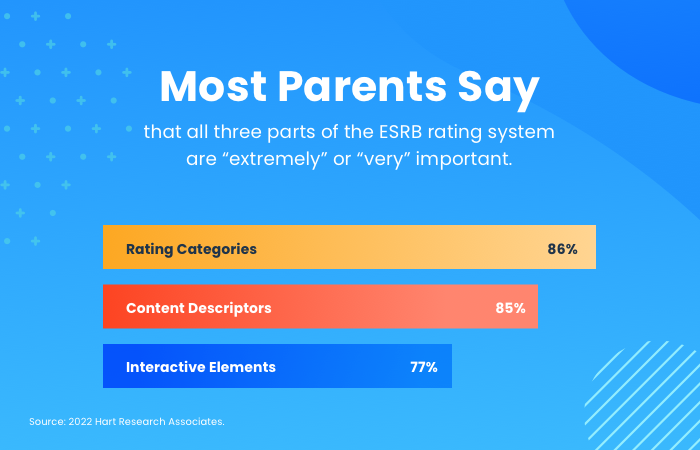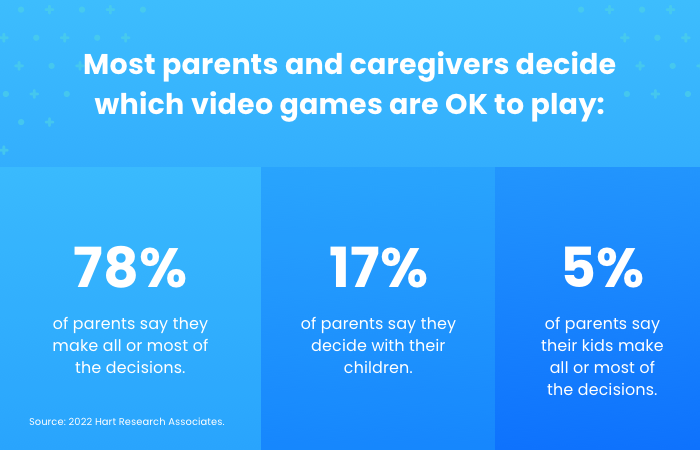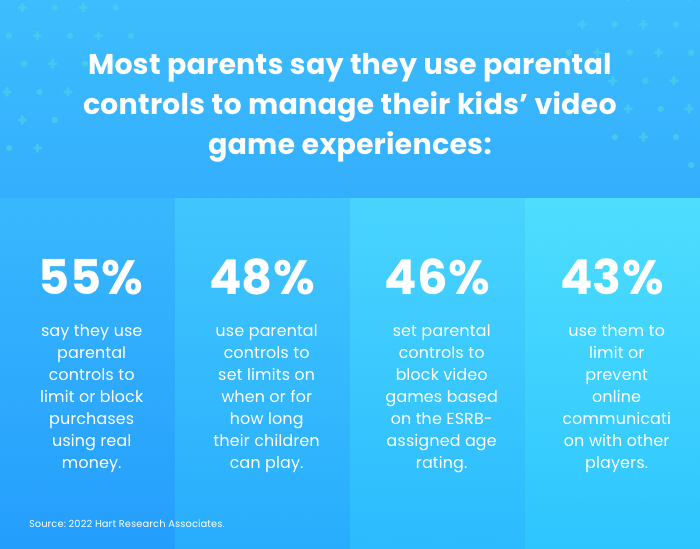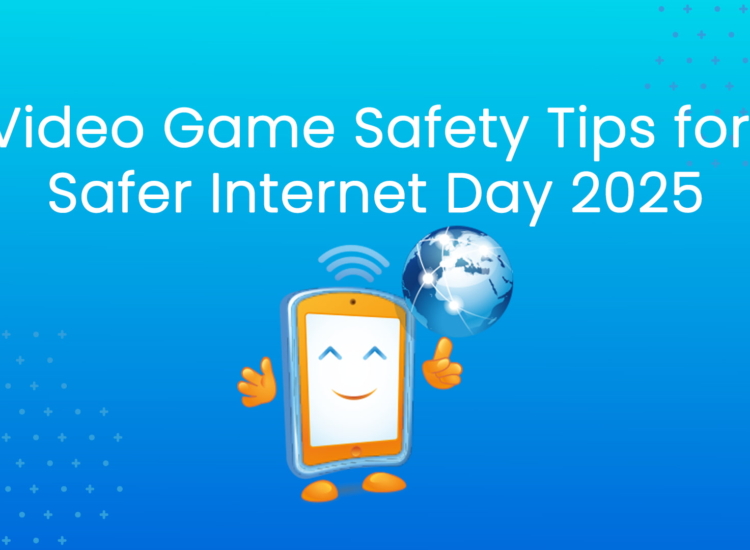Parents Press Start to Help Pick Appropriate Video Games
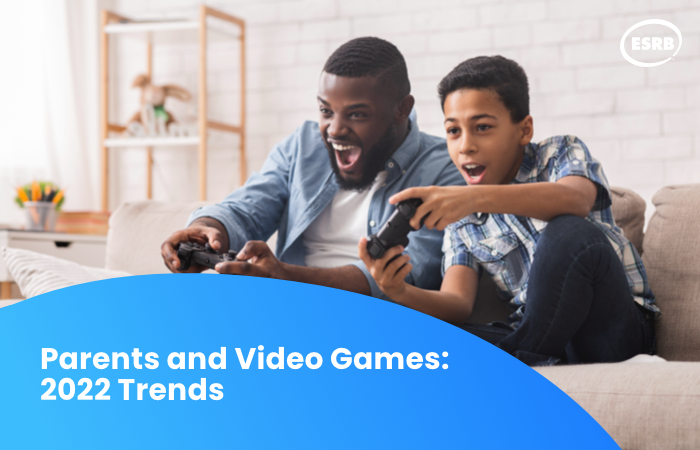
ESRB is best known for assigning age and content ratings to help parents and caregivers make informed choices about appropriate video games and apps. To help inform our work, every year we conduct a survey among parents in the US to better understand what they already know, and where they need help in the coming year. This year came with a few new surprises, including how more and more parents are picking up the controller to help them pick appropriate video games for their kids.
Read on for more key trends from our most recent survey with parents, conducted by Hart Research Associates in June 2022.
Trend: More Parents Are Playing Games to Help Decide Appropriateness
Parents are making time to play a video game to help them decide if it is appropriate for their children; in fact, playing a game to determine age appropriateness is second only to checking the ESRB rating information.
Parents and caregivers are getting into the game more than ever. Most say ESRB ratings are still a “very helpful” method for determining the appropriateness of a game. This year, we’re also seeing more and more parents jump in as player 1 to help them decide about appropriate video games. Of course, as the survey confirms, parents are also taking advantage of other resources and strategies, including getting information from other parents, considering the genre of a game, and conducting internet research.
Trend: All Three Parts of the ESRB Ratings Continue to Be Very Important to Parents
Parental awareness and use of ESRB-assigned age and content ratings remains high. Parents say that all three parts of the rating system continue to be very valuable when deciding whether a video game is appropriate for their children.
Parents continue to show a high level of awareness and use of the ESRB ratings. In fact, 84% say they are aware of the age ratings, while 74% say they check them before buying a game “every time” or “most of the time.”
A large majority of parents also find that all three parts of the rating system are “extremely” or “very” important when making decisions about appropriate video games for their family.
Trend: Parents and Caregivers are the Primary Decision-Makers When it Comes to Video Games
Parents and caregivers remain active in the decision-making process around appropriate video games. The survey revealed that parents make the decisions about which games and apps are permitted in the home.
Parents are in the driver’s seat when making decisions about which video games are permitted in the home. 78% of parents say they make all or most of the decisions about which games their kids can play and which apps they download. Some parents (17%) opt for a hybrid approach, working with their children to make these decisions. Only 5% of parents say their kids are allowed to make all or most of the decisions about what they play and download.
Trend: Parents Trust their Kids While Leveraging Parental Controls as Back-Up
Parents generally trust their children to follow the household rules. That said, many parents still enable parental controls to ensure that there are guardrails in place for their children around what they play, with whom, for how long, and whether they can spend money on new games and/or in-game purchases.
A large majority of parents (80%) say they use at least one parental control setting on one or more of their kids’ game devices (including consoles, PCs, and mobile devices) in the home. For parents who use parental controls on a video game console the highest proportion say they do so to limit or block purchases using real money. This is followed by limiting screen time, blocking games based on the ESRB-assigned age rating, and managing online communications with other players.
Trend: Parents Are Involved!
We often say that the best way for parents and caregivers to manage their kids’ video game play is to stay involved. From conducting pre-purchase research to setting parental controls, nurturing an open-ended, judgement-free conversation around appropriate video games is a surefire way to make sure you’re never in the dark about what (with whom and how much) your kids play. The good news is that this year’s survey illustrates that parents largely take advantage of the many tools and resources available and are actively engaged in managing their children’s video game experiences. Parents being parents!

